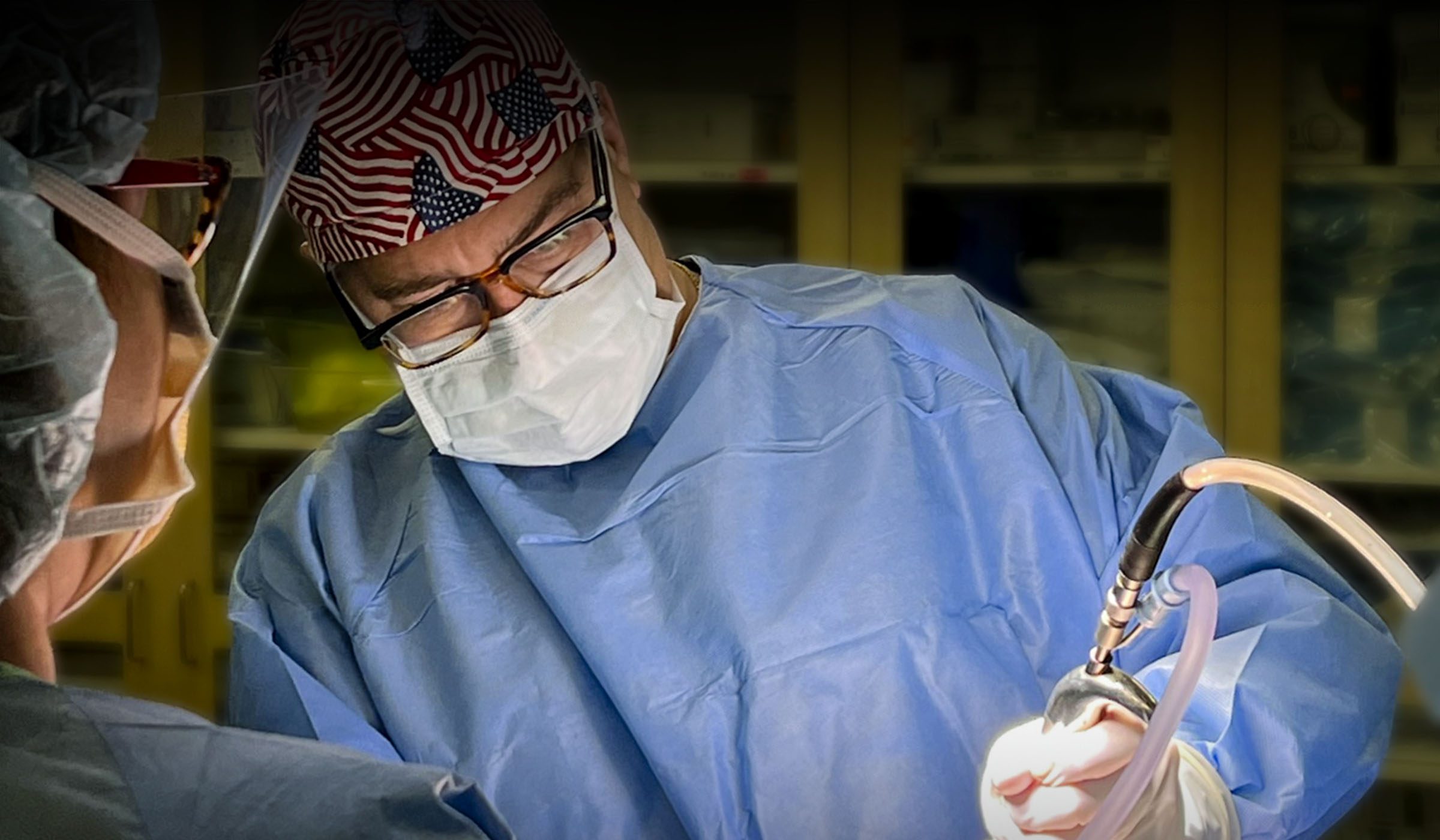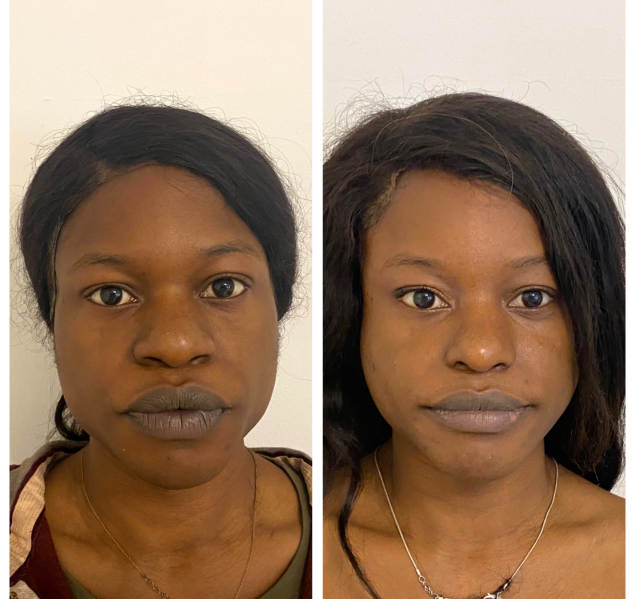A Deep Dive Into the Usual Validation for Looking For Aesthetic Surgical Treatment: Unpacking the Desire for Modification and Self-Improvement
The motivations behind the pursuit of plastic surgery expand beyond plain visual enhancement, reflecting a nuanced interaction of societal expectations, individual goals, and emotional elements. As individuals progressively seek to straighten themselves with prevailing charm standards, it becomes vital to examine the underlying reasons that oblige them to make such substantial changes. The impact of media portrayals and personal narratives can not be overlooked, as they shape assumptions and needs in extensive methods. This examination triggers critical inquiries concerning the honest implications and future trajectories of aesthetic treatments, welcoming more expedition right into the complexities of self-improvement and identity.
Societal Pressures and Appeal Specifications

The influence of these charm suitables can be extensive, instilling a sense of insufficiency in those that do not adjust. Because of this, many may look for plastic surgery as a way of aligning their appearance with these social assumptions. mommy makeover bellevue. This wish for consistency can originate from a wide array of motivations, consisting of the aspiration for enhanced social status, improved charming leads, or increased expert chances
Additionally, these stress are not restricted to specific demographics; they affect individuals throughout various ages, genders, and backgrounds, highlighting the prevalent nature of charm standards. This prevalent influence elevates crucial inquiries about the values of cosmetic surgical treatment and the effects of societal requirements on specific choices. Inevitably, recognizing these stress is important for promoting an extra comprehensive interpretation of elegance that celebrates variety.
Personal Experiences and Transformative Stories
Lots of individuals that go through plastic surgery record transformative experiences that expand past plain physical modifications. For several, these treatments function as a stimulant for enhanced self-esteem and a renewed sense of identification. Clients often define sensation freed from enduring instabilities, causing enhanced confidence in both personal and expert realms.
Take, for instance, the tale of a young lady who went through breast enhancement after years of feeling awkward regarding her look. Post-surgery, she reported not just a newfound convenience in her body yet likewise a considerable enhancement in her social life and occupation opportunities. Similarly, a middle-aged guy who picked to undergo a renovation shared just how the procedure renewed his overview on life, motivating him to go after new rate of interests and partnerships.
These personal stories underscore the profound influence cosmetic surgery can have on individuals' lives. As they welcome their transformed selves, many discover empowerment in their options, commonly utilizing their experiences to inspire others pondering similar trips. Inevitably, these transformative tales highlight the complex factors people look for plastic surgery, intertwining personal growth with the search of aesthetic enhancement.
Emotional Factors Behind Plastic Surgery
Countless emotional aspects contribute to the decision to undertake plastic surgery, showing much deeper psychological and mental health factors to consider. People commonly pursue surgical improvements as a way to resolve feelings of inadequacy, low self-esteem, or discontentment with their look. These mental motivations can be rooted in previous experiences, social comparisons, or individual goals.
Body image distortion is a common concern, where individuals perceive their physical attributes in an exaggeratedly adverse light. This distortion can bring about obsessive ideas concerning viewed defects, triggering the desire for surgical alteration as a solution - mommy makeover bellevue. Additionally, the pursuit of perfection and societal stress can enhance these sensations, pressing people towards aesthetic procedures in hopes of accomplishing an idealized variation of themselves
Additionally, the concept of self-improvement plays a crucial duty. Lots of people view cosmetic surgical procedure as a path to boost their top quality of life, believing that boosted look will result in raised social acceptance, far better relationships, or boosted profession opportunities. Eventually, the psychological elements behind plastic surgery highlight the complicated interplay in between individual self-perception and external influences, exposing the complex nature of the need for adjustment.

The Duty of Media in Assumption
In today's culture, media plays a critical role in shaping perceptions of elegance and self-regard. Via numerous platforms-- social media sites, television, and advertising-- idyllic standards of charm are usually distributed, affecting individual aspirations and self-image. These representations often stress narrow interpretations of beauty, mostly including youthful, slim, and electronically boosted photos, which can create unrealistic criteria for individuals making every effort to conform.
The impact of media is more worsened by the pervasive nature of social media, where users are pestered with curated material that highlights aesthetic improvements, recommending a society of comparison. This constant exposure can lead to sensations of insufficiency among customers, motivating them to take into consideration cosmetic surgery as a way of achieving the perceived suitable. Research study shows that individuals who engage with these media representations are most likely to share dissatisfaction with their appearance, strengthening the wish for surgical treatments.
Moreover, the normalization of plastic surgery in media narratives can desensitize target markets, mounting such treatments as commonplace and also essential for social acceptance. Therefore, the media's representation of charm not just affects specific selections relating to cosmetic surgery but also adds to a more comprehensive societal discussion regarding self-worth and identification.
Moral Factors To Consider and Future Patterns
Amid the expanding appeal of plastic surgery, moral considerations surrounding the technique have become significantly noticeable. As the need see this website for procedures climbs, so too do problems concerning notified consent, the psychological inspirations of patients, and the potential for exploitation by doctors. It is critical for practitioners to ensure that clients fully understand the risks and advantages, as well as the effects of their choices, to foster an accountable method to cosmetic improvements.
Furthermore, the impact of social media and elegance criteria questions concerning the influence on mental wellness, particularly amongst vulnerable populations. As awareness of body picture issues grows, moral practice demands a cautious evaluation of the motivations behind medical treatments. Specialists must stabilize patient wishes with honest duty, making certain that decisions are rooted in genuine self-improvement instead of societal pressures.

Conclusion
In verdict, the pursuit of cosmetic surgical treatment is affected by a confluence of social stress, individual experiences, and emotional factors. The wish for alignment with dominating beauty criteria, paired with the possibility for transformative outcomes, emphasizes the complex inspirations driving people towards these procedures. Furthermore, the role of media in forming perceptions of beauty can not be downplayed. As ethical factors to consider advance, future patterns in cosmetic surgery will likely show recurring social discussions bordering self-improvement and specific identification.
Frequently, social stress and prevailing elegance standards play a substantial role in people' decisions to go after cosmetic surgical procedure. Eventually, these transformative stories highlight the complex factors people look for cosmetic surgical go to my blog treatment, linking individual growth with the quest of visual improvement.
Numerous individuals watch cosmetic surgical procedure as a path to improve their high quality of life, thinking that enhanced appearance will certainly lead to increased social approval, much better partnerships, or enhanced occupation chances. Eventually, the mental factors behind cosmetic surgical treatment emphasize the intricate interplay in between specific self-perception and outside impacts, disclosing the multifaceted nature of the need for adjustment.
As ethical factors to consider develop, future fads in cosmetic surgical treatment will likely reflect continuous societal dialogues surrounding self-improvement and specific identification.